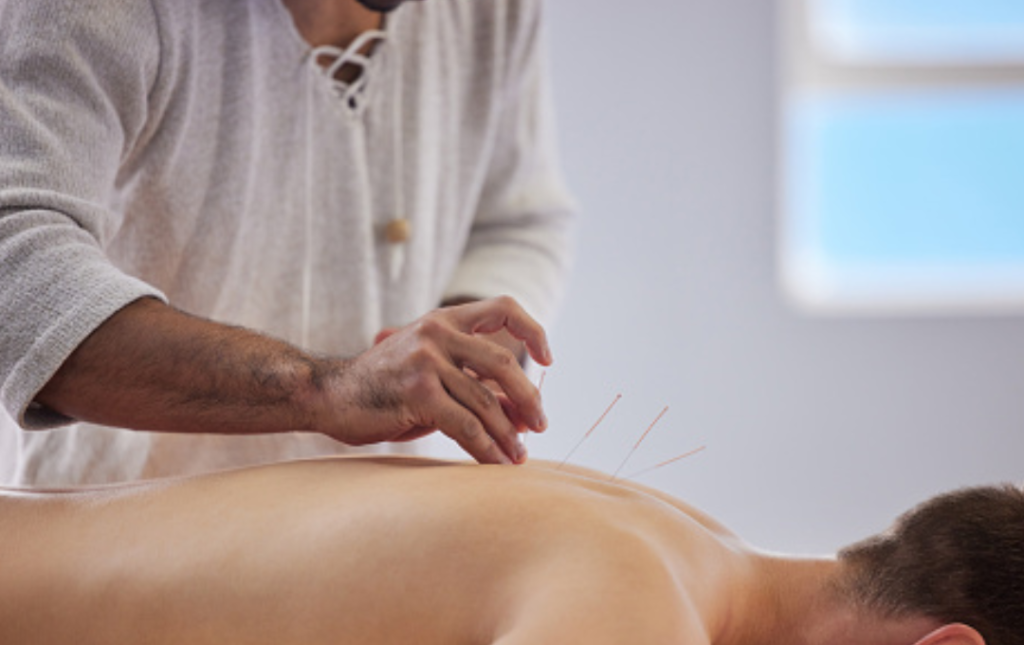Rehabilitation is a critical aspect of recovery, especially for individuals struggling with addiction, mental health issues, or physical injuries. Traditionally, rehabilitation focused solely on addressing the specific problem at hand, be it physical, psychological, or emotional. However, the concept of holistic rehabilitation has emerged as a more comprehensive and effective approach. Holistic rehabilitation aims to heal not only the symptoms but the entire individual, taking into account their mind, body, and soul. In this blog, we will explore the concept of holistic rehabilitation techniques and their benefits in fostering long-term recovery.
What Do You Understand by Holistic Rehabilitation
Holistic rehabilitation treats individuals as whole beings, recognizing the interconnectedness of their physical, mental, and emotional aspects. It addresses the root causes of the issue rather than just alleviating the surface-level symptoms. This approach emphasizes the importance of self-awareness, self-care, and self-empowerment. Instead of simply prescribing medications or therapies, holistic rehabilitation aims to guide individuals toward making positive lifestyle changes, fostering a sense of purpose, and nurturing healthy relationships.
The Core Principles of Holistic Rehabilitation:
The holistic rehabilitation approach encompasses these major principles, which include:
Individual-Centered Care: Each person’s journey to recovery is unique, and holistic rehabilitation acknowledges this fact. It tailors treatment plans to meet the specific needs and preferences of each individual, providing personalized care that resonates with them.
Mind-Body Connection: Holistic rehabilitation recognizes the powerful connection between the mind and body. Physical health, mental well-being, and emotional balance are intertwined, and addressing one aspect can significantly impact the others.
Complementary Therapies: In addition to traditional medical and therapeutic interventions, holistic rehabilitation incorporates various complementary therapies such as yoga, meditation, art therapy, acupuncture, and mindfulness practices. These techniques help individuals cope with stress, reduce anxiety, and find inner peace.
Nutrition and Exercise: Proper nutrition and regular physical activity are essential components of holistic rehabilitation. A balanced diet and exercise routine contribute to overall well-being, promoting physical and mental health.
Spiritual Exploration: Holistic rehabilitation does not focus solely on the physical and mental aspects but also delves into the realm of spirituality. This does not necessarily mean religious practices but can encompass exploring one’s purpose, values, and connection with the world around them.

Holistic Techniques for Long-Term Recovery:
Holistic rehabilitation is one of the most effective long-term recovery methods, few of the techniques under it that foster long-term recovery, includes:
Mindfulness and Meditation: Mindfulness practices and meditation help individuals develop self-awareness, emotional regulation, and the ability to stay present in the moment. These techniques reduce stress, anxiety, and depressive symptoms, promoting emotional healing.
Yoga and Exercise: Physical activity not only enhances physical health but also releases endorphins, the “feel-good” hormones. Yoga, with its focus on breath and movement, can improve flexibility, reduce tension, and create a sense of calmness.
Nutrition Therapy: A well-balanced diet is crucial for recovery. Nutrition therapy educates individuals about the impact of food on their overall well-being and teaches them to make healthier food choices.
Art and Music Therapy: Expressive arts can be powerful tools for individuals to process their emotions, traumas, and inner conflicts. Art therapy allows them to channel their feelings creatively, leading to emotional release and healing.
Equine Therapy: Interacting with horses can have therapeutic effects, promoting empathy, trust, and emotional regulation. Equine therapy is particularly beneficial for individuals struggling with trust issues or who find it challenging to connect with others.
Group Support: Holistic rehabilitation often incorporates group therapy and support networks. Sharing experiences and challenges with others who are on a similar journey can provide comfort, encouragement, and a sense of belonging.
Cognitive Behavioral Therapy (CBT): CBT is a well-established psychotherapy technique that helps individuals identify and change negative thought patterns and behaviors. It is often used in conjunction with holistic approaches for comprehensive recovery programs and treatments.
The Benefits of Holistic Rehabilitation
Holistic rehabilitation techniques offer a multitude of advantages, some of which are:
Sustainable Recovery: Holistic mind-body rehabilitation therapies aim to equip individuals with the skills and tools necessary for long-term recovery. By addressing the root causes and promoting self-awareness, individuals are less likely to relapse or fall back into destructive patterns.
Improved Mental Health: Holistic techniques can significantly improve mental health by reducing symptoms of anxiety, depression, and stress. This approach empowers individuals to manage their emotions effectively.
Enhanced Physical Health: Nutrition, exercise, and other holistic practices contribute to better physical health, boosting energy levels, and overall vitality.
Self-Discovery and Growth: The holistic approach encourages individuals to explore their inner selves, understand their values, and develop a deeper sense of purpose. This self-discovery journey fosters personal growth and transformation.
Emotional Healing: Holistic techniques provide a safe space for emotional release and healing, enabling individuals to process past traumas and unresolved issues.
Conclusion
Holistic rehabilitation techniques offer a comprehensive and integrative rehabilitation approach to long-term recovery. By treating individuals as whole beings, taking into account their physical, mental, and emotional well-being, holistic rehabilitation addresses the root causes of their struggles. This approach empowers individuals to make positive lifestyle changes, fosters emotional healing, and encourages personal growth. The benefits of holistic rehabilitation extend beyond recovery, promoting overall well-being and a more fulfilling life journey. If you or someone you know is on the path to recovery, consider exploring holistic rehabilitation to embrace a transformative healing experience.
We are India’s first comprehensive continuum care provider. We provide multidisciplinary out of hospital care to acute and post-acute and chronically ill patients at our critical care facilities and your home.


